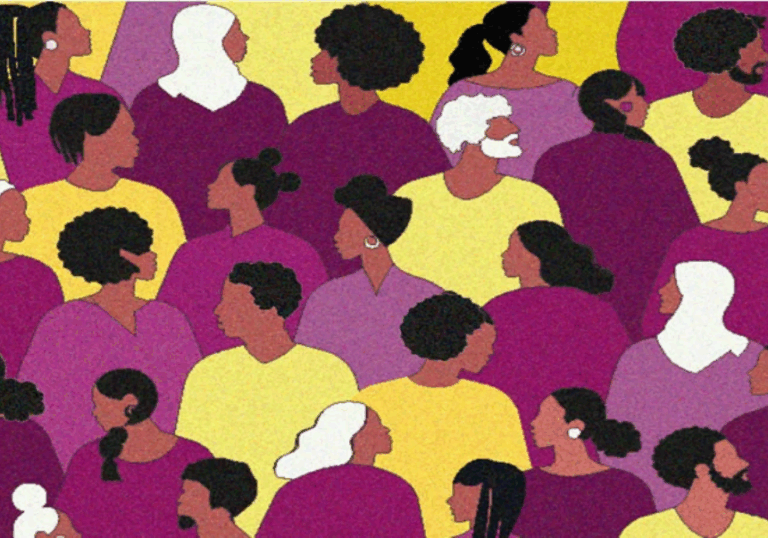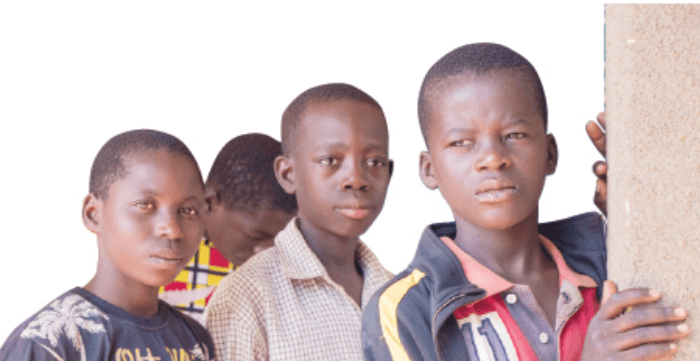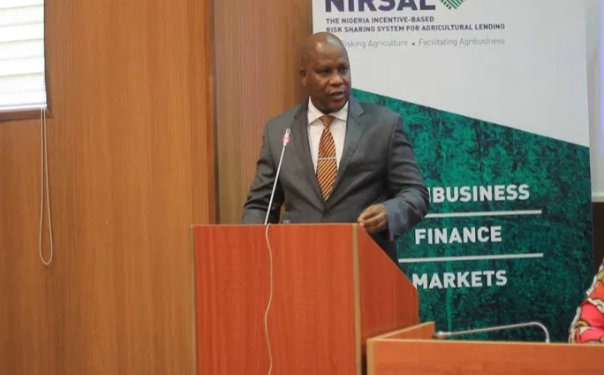It has been over two months since the shutting of schools in Sokoto in the wake of COVID-19 pandemic. The state government announced the closure with effect from Monday, March 23 to limit contact and curb the spread of coronavirus.
The school closure, which was initially for 30 days, had to be extended following the prevailing situation.
The over two months of a significant interruption in the education of the school children has come as different strokes for different folks.
For many, since March, when schools shut in the state, they have not had access to any form of tutoring to raise their skills despite the state government’s continuing education on radio and television for Primary to SS2 students.
For others, lack of awareness of the existence of such an educational initiative had left their children not learning. In contrast, others said they have neither television nor radio.
But those who follow the programme admitted they had gained some knowledge over the period while others roam the streets engaging in all types of play while others spend time scavenging on heaps of refuse looking for metal and plastic scraps to sell.
Forty-six-year-old petty trader, Mallam Aliyu in Gagi area of Sokoto, said he did not own a radio.
Aliyu, who has three school children said: “School was the only avenue my children get education, since this closure, they do not have access to any learning.”
Twelve- year- old Abdurrahman of the More Area on the outskirts of the state capital is also left behind. “I have not been involved in any learning since we went on this COVID-19 holiday. It has been farm work, other errands and play.”
Malama Maryam said all her five children were doing was to eat and play.
But some parents such as Jelani Haliru confirmed knowledge of the radio programme but said they do not make their children listen to it despite having a radio in the house.
“The timing is not favourable to me,” he replied.
Another parent, Alhaji Abubakar, described the school as just a place for keeping children so that parents have a temporary peace at home.
“Children tend to disturb when parents want to relax, so school serves as a respite to us. Now that they are here, we give them something to eat and order them to go outside and play.”
However, some of those who follow the lessons expressed joy for the opportunity. Nasiru Daniya said:” I ensure my children listen to the television education programme organised for primary, JSS and SSS.
They like it and derive benefits from it.”
Another parent Murjanatu Aminu, 35, who is a lecturer at Shehu Shagari College of Education, SSCOE Sokoto said she spared two days in a week to attend to her children.” I organise a revision of previous classwork and give them my homework. I also tune to a particular radio station where educational programmes are aired daily and make them listen to it. I don’t want them to be on their own and encourage laxity and redundancy.”
A primary four pupil, Abdullahi Mahmud, said his parents were not aware of the programme but found alternatives in some national and international television channels.
” Since the school closure, my parents ensure we watch two channels-260 and 317 on DSTV daily. They have lessons on different subjects. My siblings and I have learnt a lot in English, Basic Science, Natural Science, Mathematics, literacy and numeracy.”
However, electricity supply is an inhibiting factor, many parents noted.
Some ensure the generator is on for the children to get their classes; others use inverter so that they do not miss out on any lesson. For some parents, when there is a power cut, the children automatically miss the programme as they cannot afford the extra cost of alternative power supply.
But, there are concerns that the inability of some children to access learning during the pandemic has a consequence on skills development.
“Many of these children are just at home and losing a lot. More should be done to ensure continuous learning for all school children,” Mallam Yusuf Musa, an educationist stated.
The state government said every child was targeted for the radio and television continuing education programme.
Director of Planning Ministry of Education, Sokoto State, Mallam Abdullahi Marafa told Caliphate Trust: “We targeted all primary and secondary students in Sokoto except SS3. We did a special programme for SS3 later.”
“The programme for primary to SS2 started April 2, and since then they have been airing it on the state radio and television, Rima Radio and Rima TV.”
He said they utilise radio because almost every household in the Sokoto as in other parts of Northern Nigeria has it.
The director confirmed that some development partners such as UNICEF, USAID, World Bank are in talks with the state government on areas of assistance towards enhancing the educational programmes.
This piece was facilitated by Wole Soyinka Centre for Investigative Journalism under the COVID-19 Reality Check project.



